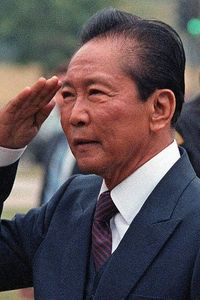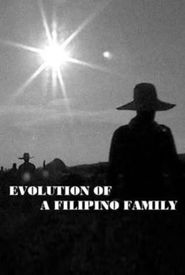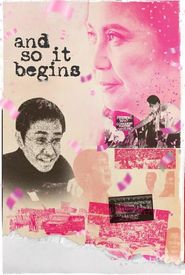Ferdinand Emmanuel Edralin Marcos Sr., a Filipino individual of remarkable multifacetedness, left an indelible mark on Philippine history as a prominent politician, lawyer, dictator, and statesman, whose tenure as the 10th president of the Philippines spanned a remarkable period from 1965 to 1986.
During his time in office, Marcos implemented martial law from 1972 to 1981, a period marked by significant authoritarianism, which was further solidified by his continued exercise of considerable authority until his eventual deposition in 1986.
Marcos's presidency was beset by widespread and pervasive controversy, with his regime notorious for rampant and pervasive corruption, excessive and extravagant displays of wealth and power, and brutal and merciless suppression of dissenting voices and opinions. As one of the most divisive, polarizing, and controversial leaders of the 20th century, his legacy continues to be the subject of intense, probing, and often contentious scrutiny and debate, with many questioning the true nature and extent of his impact on Philippine society and politics.

















